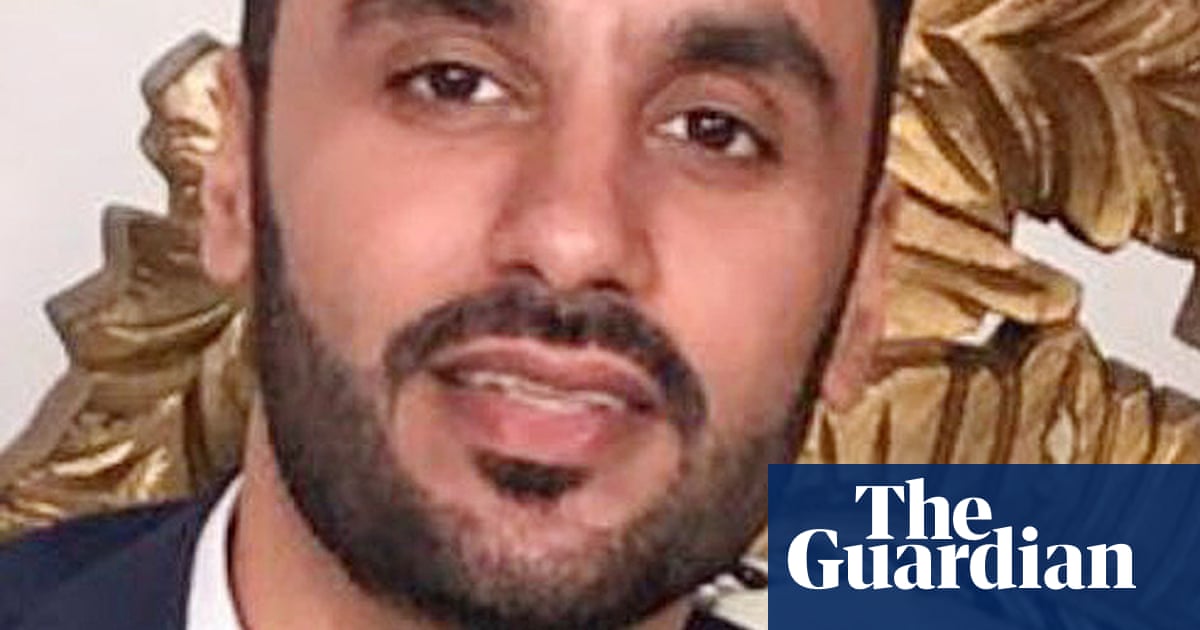
Three British foreign secretaries have failed to call for the release of a British national being held in Nigeria after falling victim to a “brazen and violent” act of extraordinary rendition, the high court has heard.
Nnamdi Kanu, leader of the Indigenous People of Biafra (Ipob), a prominent separatist movement proscribed in Nigeria, was abducted, unlawfully detained and tortured in Kenya in June last year before being flown blindfolded on a private plane to Nigeria, the court was told on Monday.
Charlotte Kilroy KC, representing Kanu’s brother, Kingsley Kanu, said the independence leader had been held in Nigeria ever since, largely in solitary confinement, in poor conditions and without access to medical treatment for a heart condition, which had put his life at risk.
She said successive foreign secretaries – first Liz Truss, then Dominic Raab and now James Cleverly – had unlawfully failed to act despite “clear and overwhelming” evidence of extraordinary rendition, including a determination to that effect from the UN working group on arbitrary detention, and an admission by the Nigerian government that Kanu was transferred by its security services without any warrant of arrest or extradition.
In written submissions, Kilroy said: “D [the defendant] has not taken steps to impose sanctions on those involved in [Kanu’s] rendition, torture and ill-treatment, has not raised his case with the UN committee against torture … and has not acknowledged that he is the victim of extraordinary rendition and put this to the Nigerian government privately or publicly.”
Kanu, a father of two, is a dual national but travelled to Kenya on a British passport – the only travel document he holds – the court was told. While the Nigerian government admitted he was taken to Nigeria without a warrant for arrest or extradition, it claims it was not unlawful as he was wanted for jumping bail. It also denies torture.
In 2015, Kanu was charged with terrorism offences and incitement after setting up a digital radio station, Radio Biafra, at his home in London.
Kilroy said that while on bail in 2017 there was an attack on Kanu’s home in Nigeria in which at least 28 members of the Ipob were killed. She said that when Kanu left the country “he was of course fleeing for his life”.
Since being returned to Nigeria, Kanu has denied multiple terrorism-related charges. Last month, the court of appeal of Nigeria granted a dismissal of the criminal proceedings because his transfer from Kenya constituted a “a clear and egregious violation” of applicable and international and domestic law, Kilroy said.
But the Nigerian court’s order that Kanu be released has been stayed, pending an appeal to the supreme court, she added.
James Eadie KC, for the foreign secretary, said in written submissions that there had been “and continues to be both considerable diplomatic engagement and consular assistance in [Kanu’s] case”.
However, he said the defendant had no duty, as the claimant had argued, to form a “firm, concluded view” on whether Kanu had been subject to extraordinary rendition or to communicate any view on that subject and that could actually be counterproductive.
Eadie told the court: “How to react to and how to deal with a case such as this falls squarely within the secretary of state’s area of judgment in the exercise of foreign policy prerogative … this claim invites the court to trespass into that forbidden territory.”
More than 1 million people died during the bitter Nigerian civil war fought over attempted Biafran secession between 1967 and 1970.
Mr Justice Swift will give his decision in writing at a later date.












